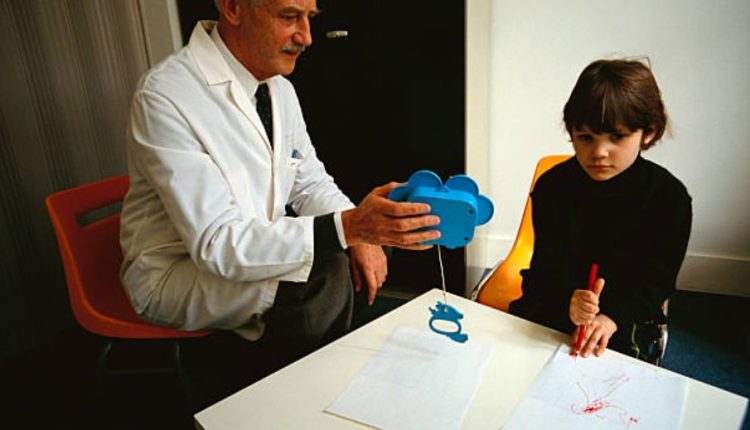
Researchers at the RIKEN Center for Brain Science (CBS) have achieved a groundbreaking understanding of the genetics of autism spectrum disorder (ASD).
Their study, published in the journal Cell Genomics, focuses on unique genetic mutations and their impact on neighboring genes, challenging the conventional emphasis on protein-coding regions and direct mutations in ASD-related genes.
Beyond Genes
The study reveals that mutations within promoters in specific genome regions can indirectly influence ASD-related genes due to the three-dimensional structure of the genome. This discovery offers new insights into the complex genetic architecture of ASD.
The research identifies that de novo mutations in genome promoters within specific topologically associating domains (TADs) can impact ASD-related genes. These mutations contribute to ASD even without direct mutations in ASD-related genes.
The study utilizes a large dataset of over 5,000 families, making it one of the most extensive genome-wide studies on ASD. By focusing on TADs, three-dimensional structures facilitating gene interactions, the researchers uncover a nuanced understanding of ASD genetics.
The findings challenge traditional genetic assessments that focus solely on ASD-related genes and prompt a reevaluation of diagnostic approaches. The study suggests a need to look beyond direct gene mutations and consider the broader genomic context, particularly TADs containing ASD-related genes.
Understanding the three-dimensional impact of mutations allows for the exploration of therapeutic interventions targeting aberrant promoter-enhancer interactions. Correcting these interactions may hold promise for therapeutic effects on ASD, offering a novel approach to treatment.
Read more: Enrolling In Medicare? Mark Your Calendar With These Critical Deadlines
Genetic Landscape of Autism

The researchers emphasize the importance of expanding research to gain a comprehensive understanding of ASD’s genetic roots.
Further investigations involving more families and patients are crucial for advancing knowledge in this field. The ultimate goal is to enhance clinical management, leading to improved well-being for individuals with ASD and their families.
This breakthrough study marks a significant advancement in unraveling the genetics of autism spectrum disorder.
By exploring the impact of mutations within the three-dimensional genome structure, researchers provide valuable insights that pave the way for refined diagnostic strategies and potential therapeutic interventions.
The study encourages a holistic approach to ASD genetics, fostering a deeper understanding of its complexity and opening new avenues for research and clinical management.
Read more: Pros And Cons Of The Social Security Lump Sum Cash Option

